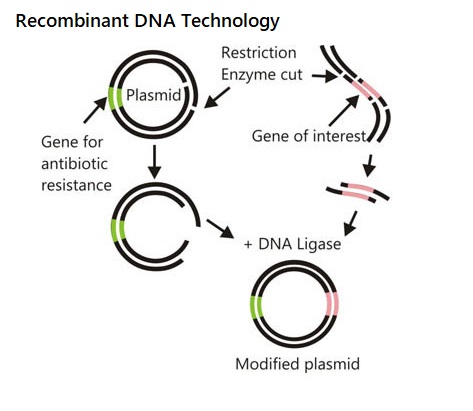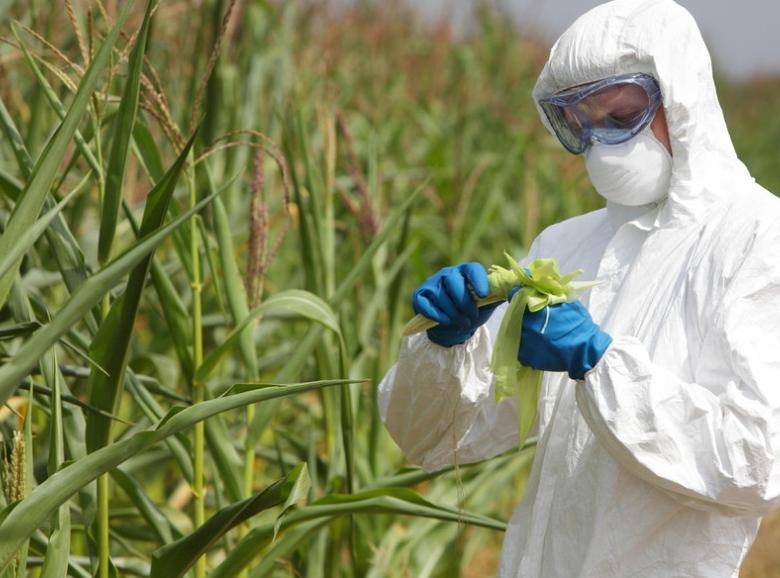Updated By: LatestGKGS Desk
Genetically Modified Crops (GMC) Disadvantages, Impact on Ecosystem and Health

Genetically Modified Crops (GMC) Disadvantages, Impact on Farming, Impact on Nutrition, Impact of Ecosystem and Environment
According to research by the Brown University, resent genetically modified foods can pose significant allergy risks to people. It states that genetic modification often adds or mixes proteins that were not indigenous to the original animal or plant, which might cause new allergic reactions in our body.
In some cases, proteins from organisms that you are allergic to might be added to organisms that you were not originally allergic to. This means your range of food choices will be lessened.
One big potential drawback of this technology is that some organisms in the ecosystem could be harmed, which in turn could lead to a lower level of biodiversity.
According to the Iowa State University, some genetically modified foods have antibiotic features that are built into them, making them resistant or immune to viruses or diseases or viruses.
The university also warns that ingestion of these foods and regular exposure to antibiotics may contribute to the reduced effectiveness of antibiotic drugs, as noticed in hospitals across the planet.
It is unclear what effects if there are any, the genetic pollution resulting from inadequate sequestering of genetically modified crop populations would have on the wild varieties surrounding them.
Unusual Taste, not Totally Safe to Eat.


